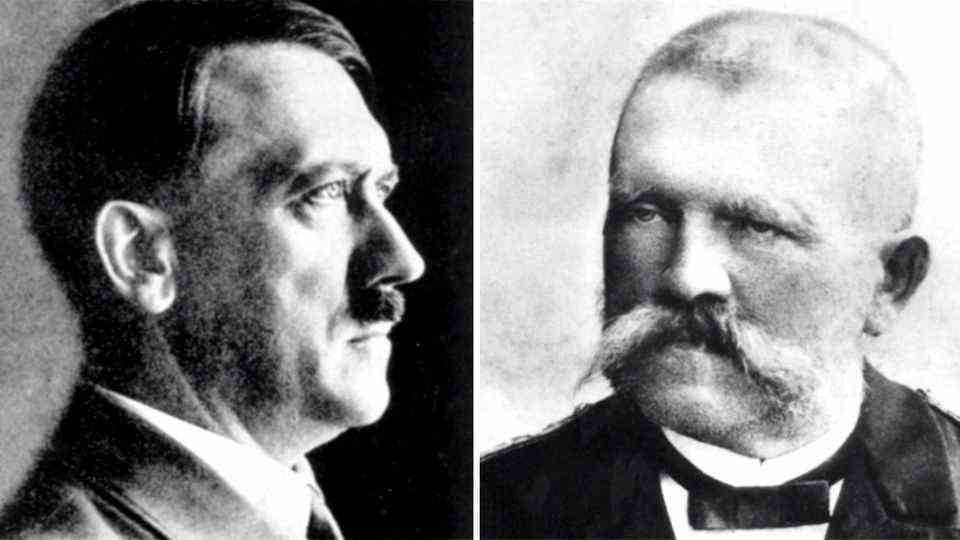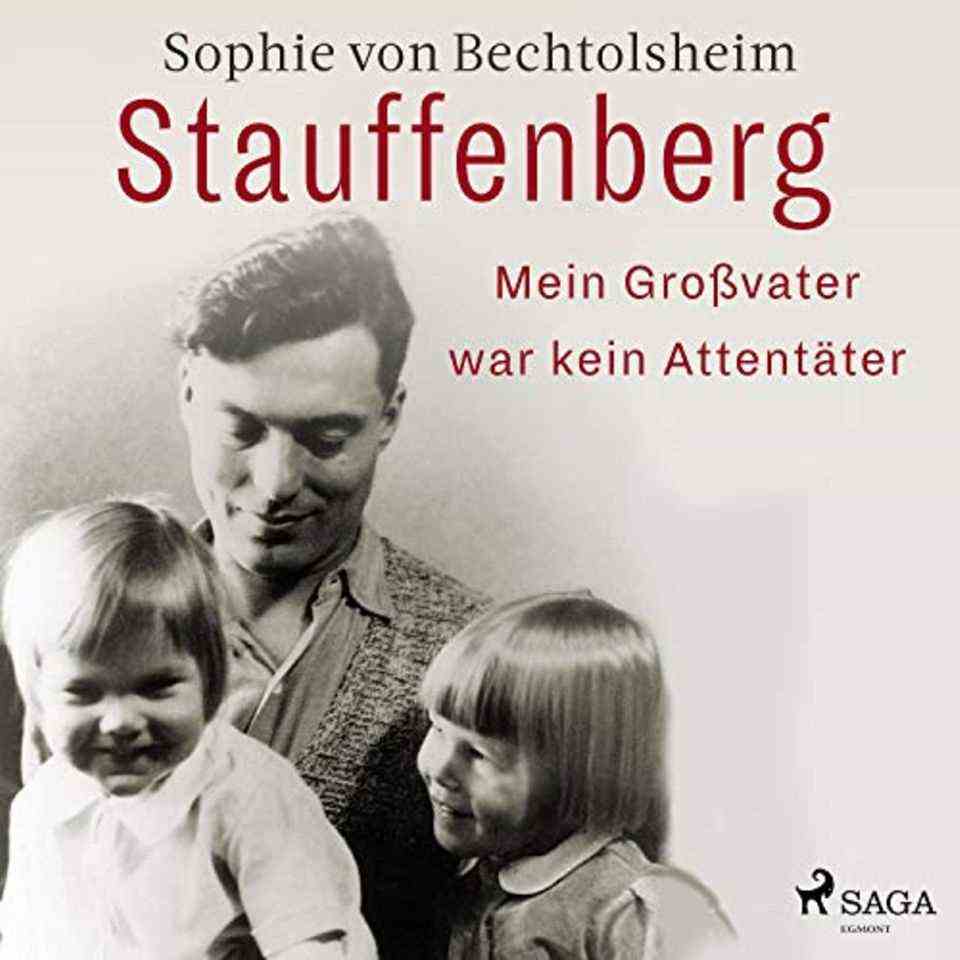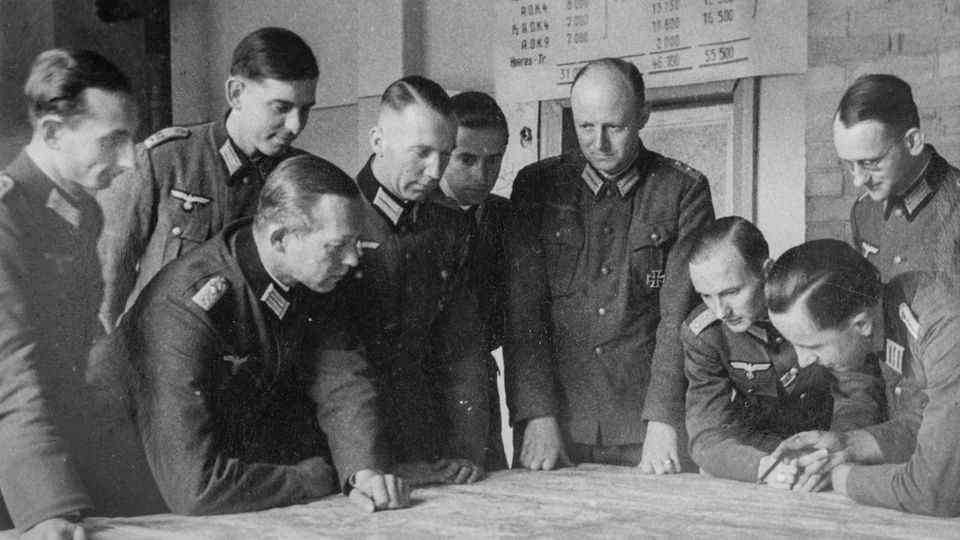Dietrich Bonhoeffer is considered one of the most important modern Christian martyrs – the theologian was executed by the Nazis for his resistance to Hitler. In prison he wrote a song that touches many people at the turn of the year.
At the end of 1944, Dietrich Bonhoeffer had been in Nazi custody for more than a year and a half. The Gestapo is holding him in the basement prison at their headquarters in Berlin for “decomposing military strength”. But the Protestant theologian, who was involved in the planning of unsuccessful attacks on Hitler, among other things, has the opportunity to write letters to friends, family and his fiancée outside. Many of these letters have been published; they are considered impressive documents of the prison time of one of the most famous ecclesiastical resistance fighters in the Third Reich. In particular, the poem “Surrounded by good powers, faithfully and quietly” moves many people – not only in the churches where it is sung at the turn of the year.
Bonhoeffer does not write the famous lines immediately before the end of the year, but just before Christmas. In a letter to his fiancée Maria von Wedemeyer dated December 19, 1944, Bonhoeffer referred to an old children’s song about being kept by guardian angels. “So this preservation in the evening and in the morning by good, invisible forces is something that we adults need no less than children today,” writes Bonhoeffer – and adds the poem that takes up these good forces in the first stanza. “Faithfully and quietly surrounded by good powers / wonderfully protected and comforted / so I want to live with you these days / and go with you into a new year.”
Dietrich Bonhoeffer in the resistance: Is it allowed to kill Hitler?
Bonhoeffer, born in 1906, came from an upper-class family and soon embarked on a theological career. He received his habilitation at the age of 24, and a stay in the USA made him more sensitive to social and political issues. After Hitler came to power, Bonhoeffer – now a pastor in Berlin – quickly opposed the Nazis and became involved in the Confessing Church, which opposed the Nazis’ co-ordination of the large churches. From 1940 Bonhoeffer was actively involved in the resistance against the National Socialists: Among other things, he passed on secret documents to the British on his travels and maintained further contacts with the Allies.
The theologian deals intensively with the age-old question of tyrannicide: Is it acceptable to kill a dictator in order to save many other people? Bonhoeffer nibbles hard on it. Finally, the Bible clearly forbids murder in the Ten Commandments. And yet he comes to a different conclusion – Hitler must be put down, also by force, if necessary by an assassination attempt. To explain this, Bonhoeffer chooses the image of a “maniac who speeds through the streets in his car”: “It is not enough to bind the victims under the wheel. You have to fall into the spokes of the wheel itself.” Bonhoeffer’s argument introduces a paradigm shift: the believers who reject Hitler should not only care for his victims charitable, but actively oppose the dictator.
“From good powers”: pain and hope in one breath
This attitude brings the pastor to prison. He is part of a group around Admiral Wilhelm Canaris, his brother-in-law Hans von Dohnanyi and his older brother Karl Bonhoeffer, which forced attacks on Hitler in 1943. The attacks fail, the conspirators are arrested. After the Stauffenberg assassination attempt on July 20, 1944, which also failed, the Gestapo found further evidence against Bonhoeffer and his colleagues, and the situation came to a head. Bonhoeffer first sits in the Wehrmacht investigative prison in Berlin-Tegel without a trial, then is transferred to the Gestapo prison, as Hitler’s personal prisoner. There he writes “Surrounded by good powers, faithfully and quietly”.
Hardly any other text mixes everything that defines Dietrich Bonhoeffer’s thinking and experience during this period. It echoes the desperate situation in Nazi Germany and in his own life, the uncertainty about his own future and that of the country. Bonhoeffer constantly has to expect execution, at the same time he does not want to give up hope of liberation from the Nazi regime. His words are representative of what many prisoners and concentration camps of the Nazis in the Third Reich had to endure: fear, despair, pain.

Even in the Nazi prison, Bonhoeffer did not lose his courage to face life
But what fascinates many readers to this day about Dietrich Bonhoeffer’s biography is the other side that emerges in his poem. The imprisoned pastor exudes optimism, joy, gratitude. An attitude towards life that culminates in the last stanza: “Wonderfully sheltered by good powers / we expect confidently what may come. / God is with us in the evening and in the morning / and most certainly every new day.” The then 38-year-old touched entire generations with these words and gave them new courage in difficult life situations. He is also a role model for many non-believers.
“So you mustn’t think I’m unhappy,” he wrote in the same letter to his fiancée. “What does happy or unhappy mean? It depends so little on the circumstances, but actually only on what goes on in people.” In a letter nine months earlier to his friend Eberhard Bethge, who after the war collected and published Bonhoeffer’s texts from prison, he explains: “There is a fulfilled life despite many unfulfilled wishes.”
Even in Nazi imprisonment, Dietrich Bonhoeffer did not lose his courage to face life – and he kept his big heart. Bonhoeffer takes care of fellow prisoners, listens to their worries, prays with them, supports the guards as best he can. Because of his contacts with high-ranking Nazi figures who are also secretly part of the resistance, he has at least a certain amount of influence for a while. More important than creating a way out for yourself or complaining about your situation is to reassure yourself, your family, and other inmates.
Execution shortly before the end of World War II
The lines of poetry belong to the last thing that Dietrich Bonhoeffer received from prison. On April 8, 1945, he and some of his co-defendants were finally put on trial. There are no defense counsel or witnesses, and there are no written records. Bonhoeffer is sentenced to death. On April 9, one day later and only four weeks before the Nazis surrendered, he was hanged in the Flossenbürg concentration camp. He speaks his last traditional words to fellow prisoners before he is taken away for execution: “This is the end. For me the beginning of life.”
Sources: Dietrich Bonhoeffer: “Resistance and surrender. Notes from the imprisonment” / “Bridal letters, cell 92: Dietrich Bonhoeffer – Maria von Wedemeyer 1943–1945”



